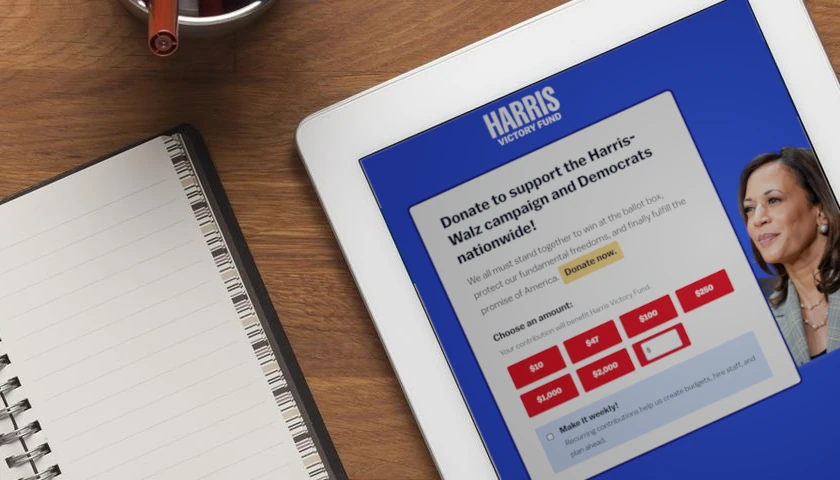The Tennessee Department of Commerce and Insurance (TDCI) is warning Tennesseans of identity theft ahead of Identity Theft Awareness Week.
Starting Monday, the week will include events to help spread awareness on the various forms of online theft, and how to protect personal information.
According to the statement, the Federal Trade Commission’s Sentinel Network identified over 15,000 instances of identity theft across Tennessee in 2021.
“Identity theft is a growing problem, and, unfortunately, identity thieves are using technology to become more sophisticated,” said TDCI Assistant Commissioner Alex Martin. “Because identity theft can lead to significant financial damage, it’s crucial that Tennesseans take steps today in order to protect themselves and their loved ones from identity theft.”
The statement warned to pay attention to anything left in unlocked mailboxes that would contain personal information (ie, personal checks, credit card statements, bank statements, or utility and medical bills.), and to be mindful about what is thrown away. It said identity thieves are willing to dig through trash to find personal information and to invest in a shredder to reduce the risk of theft.
It also warned about information online, including clicking links that pose to be from personal banking, posting personal information on social media, assuring online shopping sites are official, and staying on top of finances in order to maintain spending.
The Tennessee Star spoke with an agent from the usa.gov website, who recommended their page on identity theft. Their page has advice on the steps to take after an identity is stolen, how to prevent theft, and examples on common types of fraud.
The agent also recommended the FTC, and identitytheft.gov, which also offers information on theft.
Identitytheft.gov explained a basic step-by-step guide to report identity theft, first to call the companies where the fraud occurred, next place a fraud alert and obtain credit reports, report identity theft to the FTC, and, if needed, file a report with local police.
Extra steps include closing any new accounts that were not properly authorized, removing false charges from any accounts, contacting a credit report, considering adding a fraud alert to accounts or a credit freeze, and reviewing credit reports more often.
Also, extra steps are available for different types of theft, including tax identity, child identity, and medical identity theft.
– – –
Morgan Nicole Veysey is a reporter for The Tennessee Star and The Star News Network. Follow her on Twitter. Email tips to [email protected]





